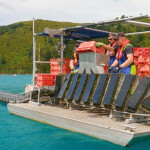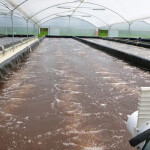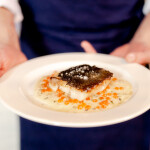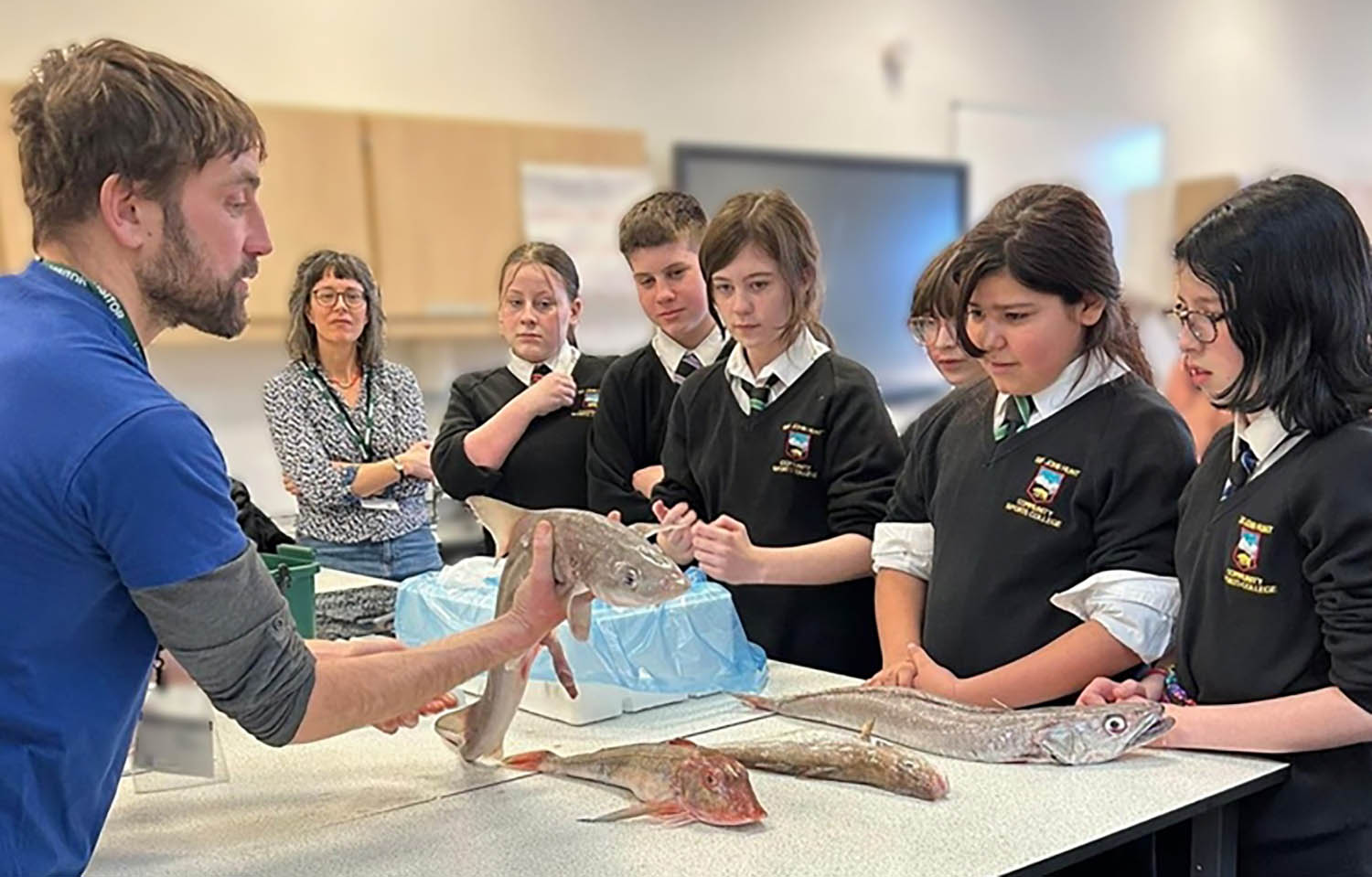A fresh initiative in the U.K. making fish sticks, or fish fingers, out of underutilized species is underway, aiming to support local fishing communities and encourage consumption of local seafood, especially in the primary and secondary school systems.
The Plymouth Fish Finger initiative was born out of a series of workshops held by the Food Systems Equality (FoodSEqual) project’s team in Plymouth, U.K.
Led by Clare Pettinger, an associate professor in public health dietetics at the University of Plymouth, the initiative researched ways of improving access to sustainably-sourced food that is healthy and affordable for U.K. consumers.
Participants took part in cooking classes and tasting opportunities, narrowing down what they believed could make for a popular product. Workshops explored residents’ relationships with fish, with discussions centering around whether they would be interested in a new fish product, what format a new product would ideally take, whether they wanted greater access to fresh fish, and whether better marketing could make fish appear trendy and increase its appeal across generations. Wider issues around quotas and policy were also part of the discussions to help participants understand the complexities of fishing and getting a fish from sea to plate.
“Plymouth is an ocean city, and we are surrounded by the sea; yet, most of our local fish goes off to be consumed in other places,” Pettinger said. “We know from our research that local people want to eat more fish, but there are often barriers in the way. We decided to get local people involved in designing a new Plymouth Fish Finger as a way of tackling these issues.”
Schoolchildren from Plymouth's Sir John Hunt School assisted in the fish finger’s design. Pettinger also worked with the Plymouth Fishing & Seafood Association (PFSA), as well as processing company Sole of Discretion, to get the raw materials needed to create the innovative fish finger.
“Fish fingers are a great way to familiarize people with fish they don’t normally eat,” PFSA CEO Edward Baker said. “Our product is made only from locally caught fish – a blend of dogfish and pouting – all processed the day it was caught for extra freshness and to ensure a fair income for our local fishermen.”
The fish finger was soft-launched in July by the PFSA as part of Seafood Plymouth, its new consumer-facing brand and marketing campaign.
Sole of Discretion CEO Caroline Bennet said although Plymouth has a reputation for landing top-quality fresh fish, many locals do not know about or appreciate the many species that are available just off their town’s coast.
“[Participating] residents were actually outraged to learn that 95 percent of the fish landed is sold outside the area, despite many of them never eating fish,” Bennet told SeafoodSource.
Bennet, whose small processing operation lies on the Plymouth harborside, also bemoaned the ...








